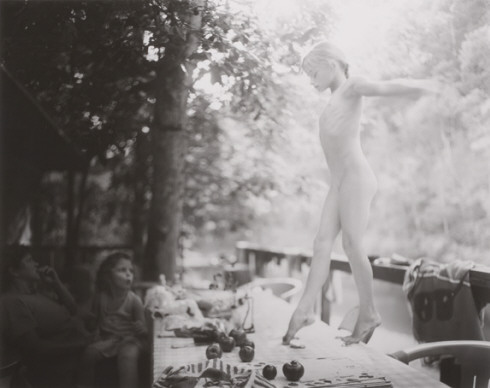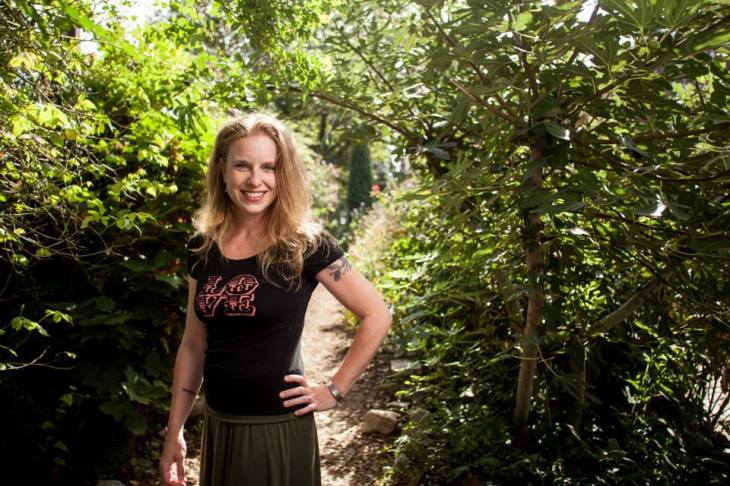From The Pew Center for Arts & Heritage:
As part of our new “Fellows Friday” web feature, we focus on the artistic lives of our Pew Fellows: their aspirations, influences, creative challenges, and everyday lives.
& so I answered some questions. & (as they pointed out) used a lot of ampersands, which I tend to do. My fellow Fellow & long-time poetry confidante/co-conspirator/doppelgänger, Pattie McCarthy, once wrote: “laziness gave us ampersand & I am happier for it” [read the complete poem in her Duration Press e-book, alibi (that is : elsewhere) here]. & so say I, I agree. I also cannot resist the shape of it.
You can read the Q&A (& count my ampersands) on Pew’s site here.
& here are a few answers (which were not include there), here:
When did you know you were going to be an artist?
When I was seventeen, I attended a summer arts program, the PA Governor’s School for the Arts, a competitive state-wide scholarship program for 200 or so precocious artsy teens [funding for which was unfortunately cut several years ago]. Six-week sleep-away camp for writers, musicians, visual artists, dancers. Imagine. Besides meeting, for the first time, an entire swarm of kids like me – a literal tribe, who would much rather spend their summer indoors working on their chosen art than playing outside in the nice, fresh air/sunshine, & then staying up all night talking about it – I met teachers [including Pew Fellow Whit McLaughlin, who was theatre director, & now runs the fantastic New Paradise Laboratories here in Philly] who treated me like I already was an artist. Like that bit was a given, & that their job was to help refine my practice, & (just as importantly) to instill a commitment to arts advocacy. & clearly, I drank the kool-aid: I grew up (ahem) to be a poet who co-edits a small press, & works a day job at a public art/art education/social justice nonprofit.
If you could live with only one piece of art, what would it be?
Sally Mann’s The Perfect Tomato, if the Guggenheim wouldn’t mind parting with it.

I’m listening to the new Throwing Muses album, Purgatory/Paradise (which was mixed by my fellow Fellow & old friend, music genius Bhob Rainey)— Kristin Hersh has provided my personal soundtrack constant since high school. & also to more Leonard Cohen than I probably should be, but his is good music for long, dark winter days. The books on my bedside table at the moment are Vladimir Propp’s Morphology of the Folk Tale, & Clarice Lispector’s The Foreign Legion. The books always on my bedside table (or in its drawer) are Mary McCarthy’s The Group, Helene Cixous’s Coming to Writing, & Carol J. Clover’s Men, Women, & Chainsaws — which are my insomnia reads, having read them forward & backward more times than I can count. Make of that what you will.
Do you parents understand what you do? Are they supportive?
I’m not sure if “understand” is the word—we don’t really discuss my poetry, other than it being something I do. That is, they’re proud & pleased when I tell them about a new book, but we don’t talk about the books themselves, or my projects. They were quite happy about the Pew Fellowship, I think in part because it was something institutional, validating— perhaps because it seems grown up, rather than “Jenn’s still writing poems” [insert image of surly teen me, hiding in bedroom with stack of books & scribbling in journal, instead of playing outside in the nice fresh air & sunshine]. My dad (a behavioral psychologist by training) is always vaguely concerned my poems (which he claims not to understand) are about him. In case he’s reading this, they’re not.
